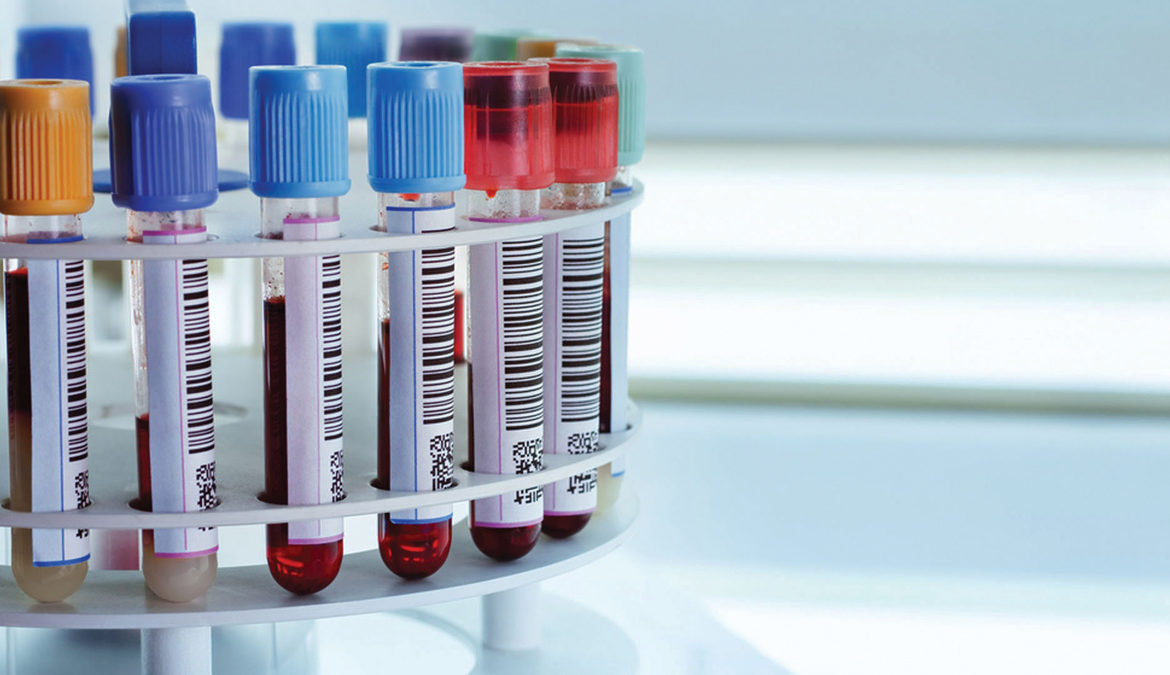Performance Matters- Iron Deficiency Anaemia
Performance Matters- Iron Deficiency Anaemia
Performance Matters
The LMC is regularly involved in representing and supporting doctors who have been identified as having "performance" issues. The LMC has identified themes which recur, and this regular feature from our newsletter will highlight these, so that our members can avoid these pitfalls.
Investigating Iron Deficiency Anaemia (IDA)
NICE guidance on Lower GI Cancers advises that patients with IDA should be referred on a 2WW pathway if they are aged 60 or over or if they are 50 or over with IDA and rectal bleeding. A local audit of Lower GI 2WW referrals has shown that of 566 referrals for investigation of IDA only 45.9% had low ferritin. Many of these patients had been referred as FBC had shown low Hb and low MCV, but ferritin had not been checked.
If considering IDA (low Hb and MCV less than 95) ferritin should be checked as part of the investigations.
Coeliac disease is a common cause of undiagnosed IDA, so NICE also recommends checking for this should also be part of the initial investigations. The local audit has shown that TTG was checked in only 36.8% of referred patients.
When referring for investigation of IDA Coeliac Disease should be excluded by checking TTG.
The local audit has highlighted that low Hb and increasing age are the best predictors of pathology, not just cancer, in patients with IDA. Thus, patients with persistent low Hb should be referred irrespective of whether they have already been investigated.
None of the pre-menopausal women referred for investigation of IDA were found to have cancer, though pathology of another sort was identified in 60% of these women.
Pre-menopausal women should only be referred on a 2WW Lower GI pathway if they have other symptoms or signs which suggest investigation is required: weight loss, change in bowel habit, rectal bleeding.




